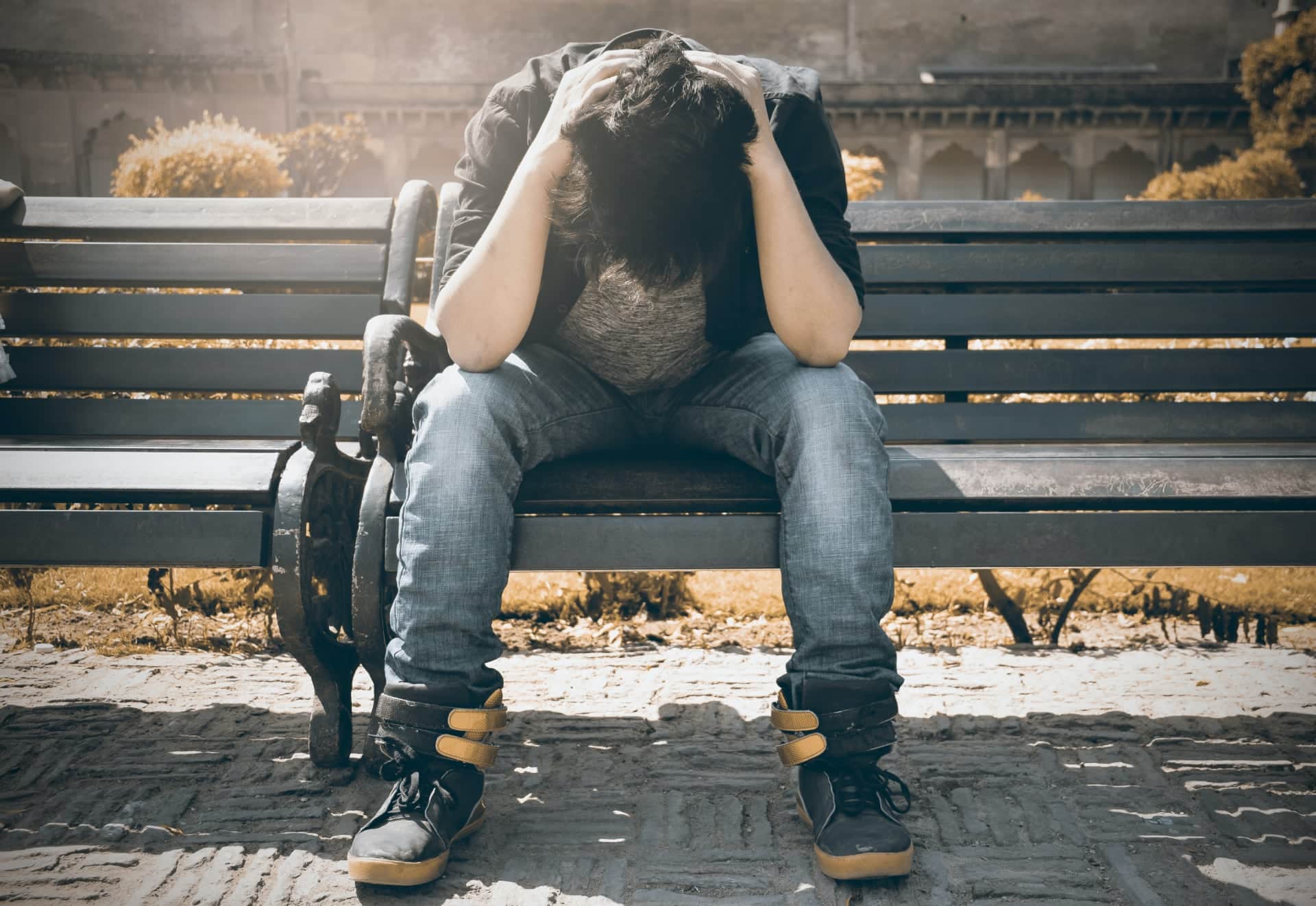
Few things in life are as painful as the death of a loved one. When the death happens suddenly or in a traumatic way, it can feel particularly distressing and many people struggle to cope. Coming to terms with a death takes time, and there isn’t a simple pathway through grief. Taking care of yourself and getting the right support can help you move forward, and in time most people begin to feel better.
What is a sudden or traumatic death?
A sudden or traumatic death is one that happens unexpectedly and may occur under difficult circumstances. It could be the result of a fatal incident, a sudden illness or a medical emergency. When this happens, it is life-changing, and it can feel completely debilitating for the family and friends left behind. Not every traumatic death is sudden, and sometimes a person can experience traumatic grief even if the death was expected.
Whilst everybody is different, there are some common feelings and experiences that are associated with unexpected or traumatic deaths;
- Feeling out of control
- Shock
- Despair
- Numbness
- Anger
- Guilt
- Insomnia
- Extreme fatigue
- Flashbacks
- Nightmares
- Physical and emotional pain
- Loss of meaning
- Fear
Try not to bury these feelings. Recognise what you feeling and allow yourself to feel this way. Give yourself as long as you need to work through the shock and grief of losing someone in this way.
Understanding grief
Grief is a natural response to loss, and it affects everyone differently. There may be similarities in the way people grieve, but there isn’t a ‘right’ way to grieve and no single emotion you should feel. This can make grief difficult to understand. One of the most challenging things about grief is that it can be unpredictable. You may notice periods when you feel better, only for the intensity of your grief to return without warning.
Whilst it can be hard to accept, there is no set pathway through grief, and no timeline to feeling better. It can take time to come to terms with a death, and the pain of losing someone will likely always remain. In time, the intensity of your grief should soften, and most people can move forward with their lives in fulfilling and meaningful ways.
Where a death is sudden or traumatic, a person will often experience a sense of shock and trauma in addition to the loss they feel. This can feel particularly distressing and make it harder to cope. Seeking the right support is important, and can help you come to terms with what has happened. In addition to the support of friends and family members, you may need professional support from a bereavement counsellor or medical professional.
Taking care of yourself
Grief can feel overwhelming – you may have a lack of energy and feel that life has lost its meaning. This can make taking care of yourself feel challenging, but prioritising your wellbeing during this time can help to ease the intensity of your grief…
Recognise your emotions – burying difficult emotions won’t get rid of them, and they may get stronger over time. Try to accept that emotions are part of who you are and they are a natural response to grief. Whilst it may not be easy, recognising your feelings is one of the best ways to come to terms with a loss, and in time the pain will ease.
Talk to someone – grief can feel like a lonely place to be, and you may not want to burden your loved ones. Talking things through with a trusted person can help you process your emotions and make you feel less alone. If it feels too difficult to talk to your friends and family, consider speaking to a bereavement counsellor or therapist. There are also several UK charities that provide free emotional support to anyone who needs it.
Write it down – writing is a powerful aid for healing, and can help you express your thoughts and feelings in a more organised way. Consider keeping a grief diary to help you reflect on your experience over time. Alternatively, you could document some important memories or even write a stream of thoughts as they arise. The words you write are less important than the process of writing itself.
Prioritise your health – after a death, many people find it hard to eat and sleep, and fatigue is common. You may have little energy and a lack of desire for anything. Whilst this is understandable, it’s not healthy, particularly if it lasts a long period of time. Try to prioritise nutritious food and sleep, and when you feel ready, try doing some gentle exercise. Whilst none of this can take away your pain, it will ensure your overall wellbeing is taken care of.
Seeking bereavement support
Some people will need additional support to help them come to terms with a death, and this can be more common for anyone experiencing traumatic grief. Speaking to a medical professional or grief counsellor may help you work through things and aid your journey through grief.
At Dillamore we work with Carole Warren, our Associate Bereavement Counsellor. Carole has more than 20 years’ experience working with the bereaved and can provide emotional support for anyone in need. Our team would be happy to make an introduction for you. We also maintain relationships with a number of local and regional bereavement counsellors who can support you in need.
The UK is also fortunate to have many charities who can provide resources and support to the bereaved, including phone lines providing grief support. Whilst this isn’t an extensive list, the following provide support across the UK;
General:
For children and young people:
If you are bereaved and would like to speak to our team, call us on 01525 372 210 or email us via our contact form. We are here for you during this difficult time.



